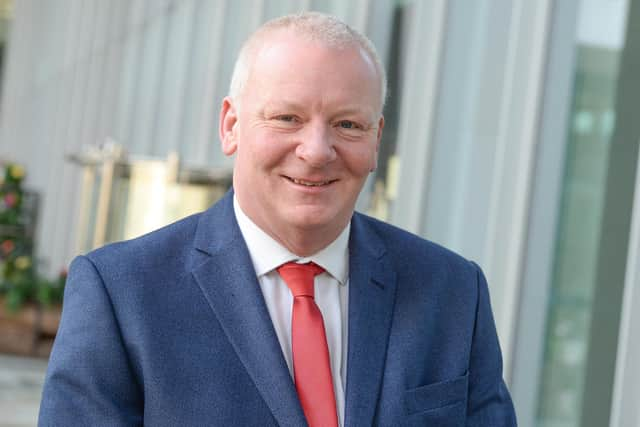Insolvencies on the rise as costs bite businesses
and live on Freeview channel 276
The shock rise was driven by an increase in the number of struggling companies closing down voluntarily, the latest figures show.
The Insolvency Service figures show there were 2,114 corporate insolvencies in England and Wales in March, up from 1,517 in February. The figure was more than double the number in March last year and 34 per cent higher than in March 2019 before the start of the pandemic.
Advertisement
Hide AdAdvertisement
Hide AdAllan Cadman, who is North West chair of the insolvency and restructuring trade body R3, says: “The increase in corporate insolvencies in March was driven by an increase in the number of Creditor Voluntary Liquidations (CVLs), a procedure initiated by directors of insolvent firms to close their company, which were almost 40 per cent higher than the previous month.


“This suggests that many company directors have seen the increasingly difficult short-medium term economic prospects as something they won't be able to overcome - and have closed their companies ahead of time.
“The figures reflect the challenge businesses in England and Wales continue to face. They have gone from trying to trade through a global pandemic to trading while the costs of fuel and energy rise and have barely had time to draw breath.
“And market conditions are far from ideal. While spending is higher than it was this time last year and in 2019, rising inflation has meant people are spending the majority of their money on general living costs.
“Consumer confidence is low as people are concerned about their finances and the future of the economy, and with inflation rising, they’re reluctant to make major purchases. This is a situation which looks unlikely to change in the near future.”
